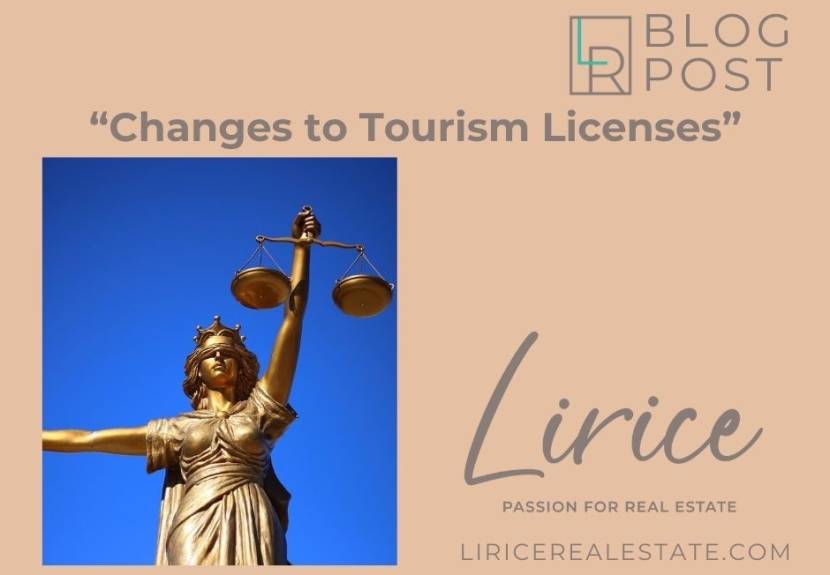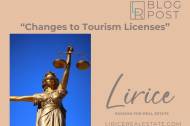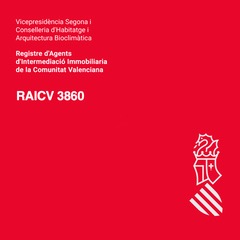
Important Changes to Tourism Licenses in the Valencian Community (Effective from August 2, 2024)
With the recent introduction of Decree-Law 9/2024, significant changes have been made to the regulations governing tourist rentals in the Valencian Community. These changes, which will take effect on August 2, 2024, are aimed at tightening control over tourist accommodations and improving the regulation of the tourism sector. In this blog, we provide an overview of the most important changes that owners of tourist accommodations must be aware of.
- Maximum Rental Period
One of the most notable changes is the restriction of the rental period. Tourist accommodations may now only be rented for a maximum of 10 days or less to the same tenant. This is designed to clearly separate tourist rentals from other types of leases and to better regulate the tourism sector. - Ban on Room Rentals
It is now prohibited to rent out individual rooms within registered tourist accommodations. This means renting rooms within a home, for example through platforms like Airbnb, is no longer allowed. It is also prohibited to advertise or market such rooms. - Unique Property Identification
Each tourist property must now be identified with a unique cadastral reference. This ensures a clear and transparent system where each tourist property can easily be tracked and inspected. - Municipal Compatibility Report
Another new requirement is that tourist accommodations must have a municipal report showing that the property is compatible with tourist use. This report must be requested from the municipality where the property is located and is a necessary condition for obtaining a tourist license. - Community of Owners' Approval
Owners of apartments in buildings with a community of owners must request a certificate confirming that the apartment is allowed for tourist rental. Without the approval of the community, tourist rentals are not permitted. This measure ensures that tourist activities do not cause disturbance to other residents. - Exclusive Tourist Use
Properties registered for tourist use may not be used for other rental types during the declared tourist period. If an owner does so without adjusting the tourist period, the property can be removed from the tourism register. - License Validity and Renewal
Tourist licenses will now be valid for five years. After this period, the license must be renewed. This ensures regular oversight of rule compliance and the quality of rented properties. - Mandatory Advertising
After obtaining a tourist license, owners have two months to advertise their property. If this is not done, the license will be revoked. This encourages owners to actively market and rent their properties. - Inactivity Clause
Tourist licenses will automatically be terminated if the property is not rented for more than one year. This prevents owners from holding onto tourist licenses without actively engaging in tourist rentals. - Ban on Key Boxes
The use of key boxes in public or common areas is now prohibited. Owners are required to provide a reception service to their guests. This measure aims to improve the safety and management of tourist properties. - Non-Transferability of Licenses
Another important change is that tourist licenses are no longer transferable upon the sale of a property. New owners must apply for a new license themselves. This ensures that the license is always up to date and matches the current owner. - Energy Certificate
To comply with current legislation, all tourist properties must have a valid energy certificate. This is an important measure to promote sustainability and energy efficiency. - Stricter Penalties for Violations
Fines for violations of the new regulations have been significantly increased. For example, room rentals are now considered a serious offense, with fines of up to €600,000. Landlords are also liable for any violations committed by companies or platforms advertising their property. - Municipal Autonomy
Municipalities in the Valencian Community have been given more authority to limit the number of tourist properties in specific areas. This allows them to regulate tourist activities based on the needs and characteristics of their local community.
Conclusion
These new regulations mark an important step in the regulation of tourist rentals in the Valencian Community. Owners of tourist properties must ensure they fully comply with the new requirements to avoid fines and the loss of their license. It is essential to stay informed about the changes and take timely action to meet all conditions.
Do you have any questions or need more information on how these changes affect your tourist rentals? Contact your local government or a specialized lawyer to ensure you are fully prepared for the new rules.


















